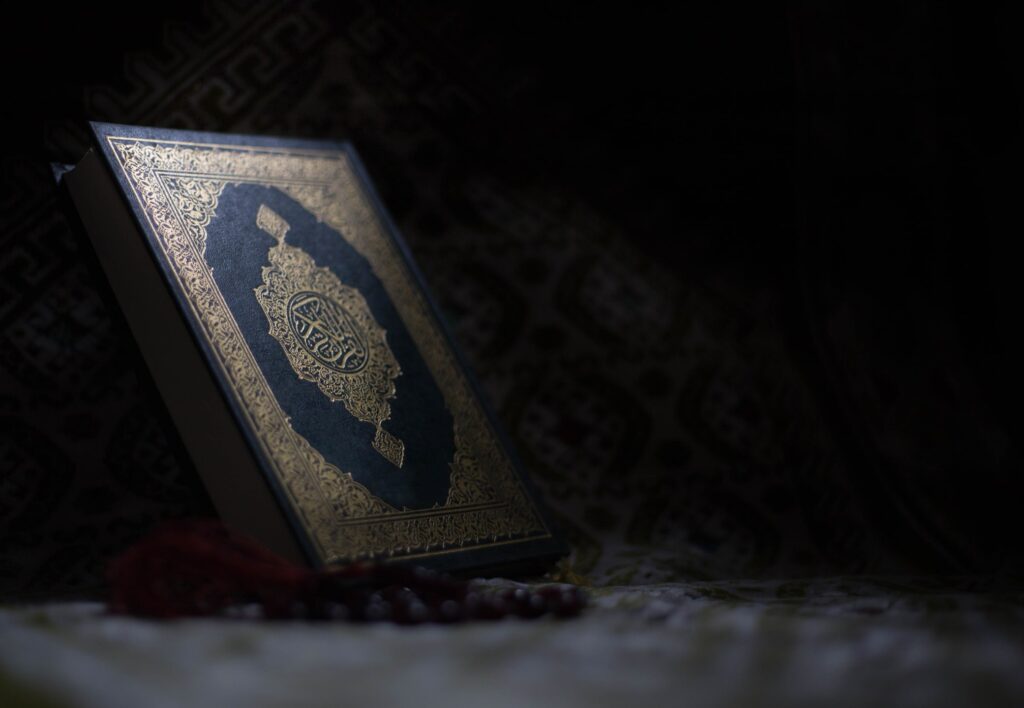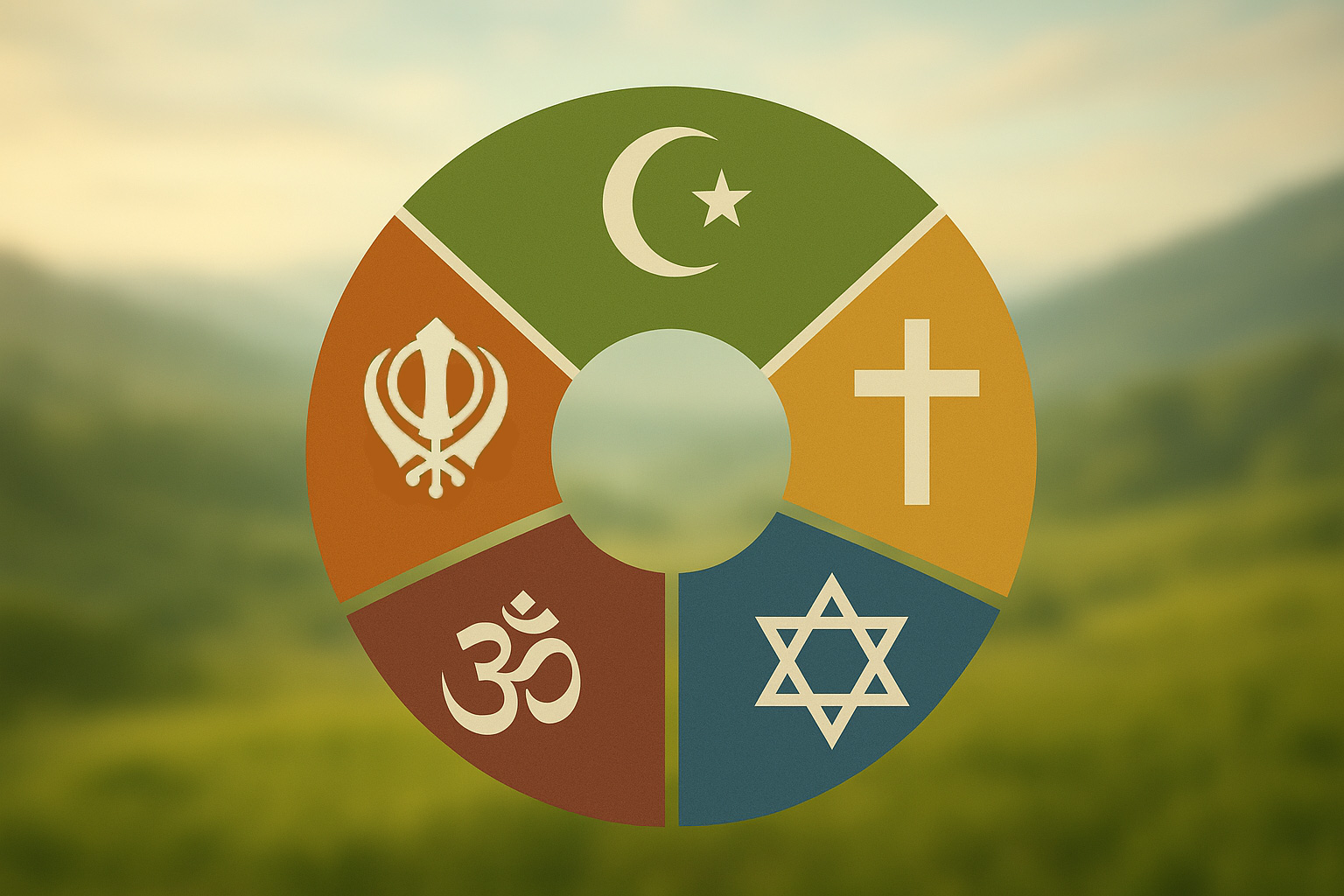In today’s age, Islam is subjected to heavy criticisms, and its teachings and commandments are often misunderstood. Since most of these criticisms arise from the misinterpretation of the Quranic text, an accurate and true explanation of the scripture is called for. As such, this series aims to present the authentic interpretation of the Holy Quran as provided by the leaders of the Ahmadiyya Muslim Community, which we believe will do a great deal in dispelling the numerous misconceptions that have become associated with Islam.
In this issue, we present the commentary of the Quranic verse 20:119-120 from Tafsir-e-Kabir (The Grand Exegesis) by Hazrat Mirza Bashiruddin Mahmud Ahmadra.
This abridged translation is not an official rendering but is being published for the benefit of readers in view of the aforementioned objective. Light of Islam takes full responsibility for any errors in the translation and summary.
إنَّ لَكَ أَلَّا تَجُوعَ فِيهَا وَلَا تَعْرَى وَأَنَّكَ لَا تَظْمَأُ فِيهَا وَلَا تَضْحَى
‘It is provided for thee that thou wilt not hunger therein, nor wilt thou be naked. And that thou wilt not thirst therein, nor wilt thou be exposed to the sun.’
Holy Quran 20:119-120
Commentary
Many have erroneously interpreted these verses to mean that Adamas was made to dwell in a place where he would not experience hunger and thirst, and hence would not feel the need to eat or drink at all.
However, such an understanding contradicts the Quranic statement in Surah Al-Baqarah: “and eat therefrom plentifully wherever you will”.[1] If Allah had eliminated their hunger and thirst altogether, then it would be completely void of sense to say that they could eat and drink freely as they wished. This clearly implies that they did, in fact, experience hunger.
The verses under comment refer to the fact that the law established by Adamas sought to fulfil the basic necessities required for civilised life. That is, through Adamas, Allah introduced a civilised government in the known world of that time, which was entrusted with the responsibility to establish a system under which people would help one another obtain the primary necessities of life—namely food, water, clothing and shelter.
Thus, Adamas is told in these verses to inform people—should anyone object to this new law—that they would not remain hungry or thirsty in this cooperative system, nor would they be left without clothing or shelter.
In short, these verses show that Adamas laid the foundations of a kingdom and established a system that ushered in the era of social progress of man.
END NOTES
[1] Holy Quran 2:36













0 Comments